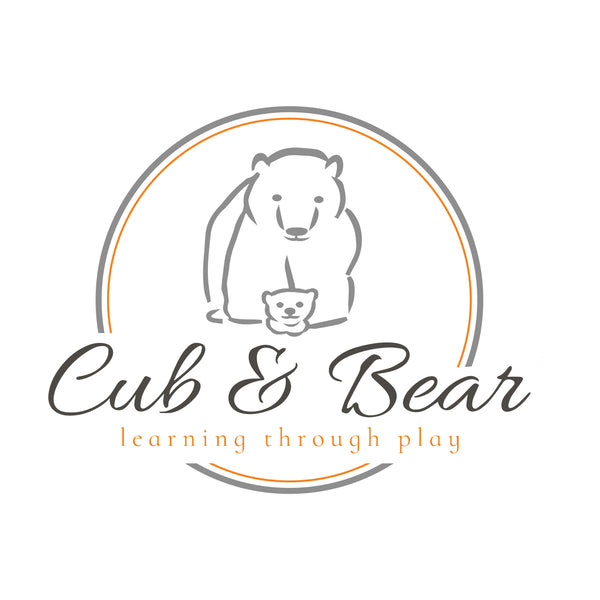For many parents, the thought of messy sensory play can evoke feelings of apprehension and dread. The idea of sticky fingers, splattered paint, and scattered rice may seem daunting, but behind the mess lies a world of learning, exploration, and joy for children. Messy sensory play offers countless benefits for children's development, stimulating their senses, fostering creativity, and promoting cognitive and social skills. In this blog post, we'll explore the fun and benefits of messy sensory play for children and provide practical tips and ideas for parents to embrace the mess and enjoy the learning opportunities it brings.
Addressing Apprehensions and Highlighting Benefits
Messy sensory play may seem chaotic and daunting, but it's important to remember the valuable benefits it offers for children's development. Engaging in messy play allows children to explore their senses, experiment with materials, and express their creativity in a safe and supportive environment. Research has shown that messy sensory play promotes cognitive development, fine and gross motor skills, and social-emotional well-being in children.
Messy Sensory Play Ideas
Finger Painting:
- Set up a finger painting station with washable paints and large sheets of paper for children to unleash their creativity and express themselves through art.
- Encourage children to experiment with different colours, textures, and techniques, and provide tools such as brushes, sponges, and stamps for added variety.
Sensory Bins:
- Create sensory bins filled with materials such as sand, playdough or rice for children to scoop, pour, and manipulate.
- Add small world toys, scoops, and dough rollers to encourage imaginative play and exploration, and change the materials regularly to keep the play experience fresh and exciting.
Slime Making:
- Make homemade slime or explore alternative recipes using cornstarch, shaving cream, or contact lens solution.
- Let children mix, knead, and stretch the slime to discover its unique properties and textures, fostering sensory exploration and tactile stimulation.
Water Play with Bubbles and Foam:
- Set up a water play station with bubbles, foam, and water toys for children to splash, pour, and experiment with buoyancy and surface tension.
- Add bubble bath or dish soap to create frothy foam and bubbles, providing endless opportunities for sensory exploration and water-based fun.
Tips for Setting Up and Managing Clean-up:
Choose a Mess-Friendly Space:
- Designate a mess-friendly area for sensory play, such as a kitchen, bathroom, or outdoor patio, where spills and messes can be easily cleaned up.
- Lay down protective coverings such as plastic sheets, old towels, or disposable tablecloths to minimize mess and make clean-up easier.
Dress for Mess:
- Dress children in old clothes or aprons that can get dirty, and encourage them to wear closed-toe shoes to protect their feet during messy play.
- Provide wipes or damp cloths for quick clean-up of hands and faces, and have towels or a change of clothes on hand for larger messes.
Involve Children in Clean-up:
- Encourage children to participate in clean-up by sorting and organizing materials, wiping down surfaces, and putting away toys and supplies.
- Turn clean-up into a game or challenge to make it more fun and engaging for children, and praise their efforts and contributions afterwards.
Incorporating Learning Opportunities into Messy Play:
Colour Mixing:
- Use messy sensory play as an opportunity to explore colour mixing by adding primary-coloured paints, liquids, or dyes to different materials.
- Encourage children to experiment with mixing colours to create new shades and hues, promoting creativity and critical thinking skills.
Experimenting with Textures:
- Introduce a variety of textures and materials for children to explore and compare, such as smooth and rough surfaces, wet and dry substances, or soft and crunchy textures.
- Encourage descriptive language and sensory vocabulary as children touch, feel, and manipulate different materials, promoting language development and communication skills.
Messy sensory play may involve inevitable clean-up, but the benefits for children's development far outweigh the temporary mess. By embracing messy play as a valuable learning and exploration opportunity, parents can provide children with rich sensory experiences, foster creativity and imagination, and promote holistic development. Let's encourage parents to set aside their apprehensions, roll up their sleeves, and join their children in getting messy, discovering the joy and wonder of sensory play together.

